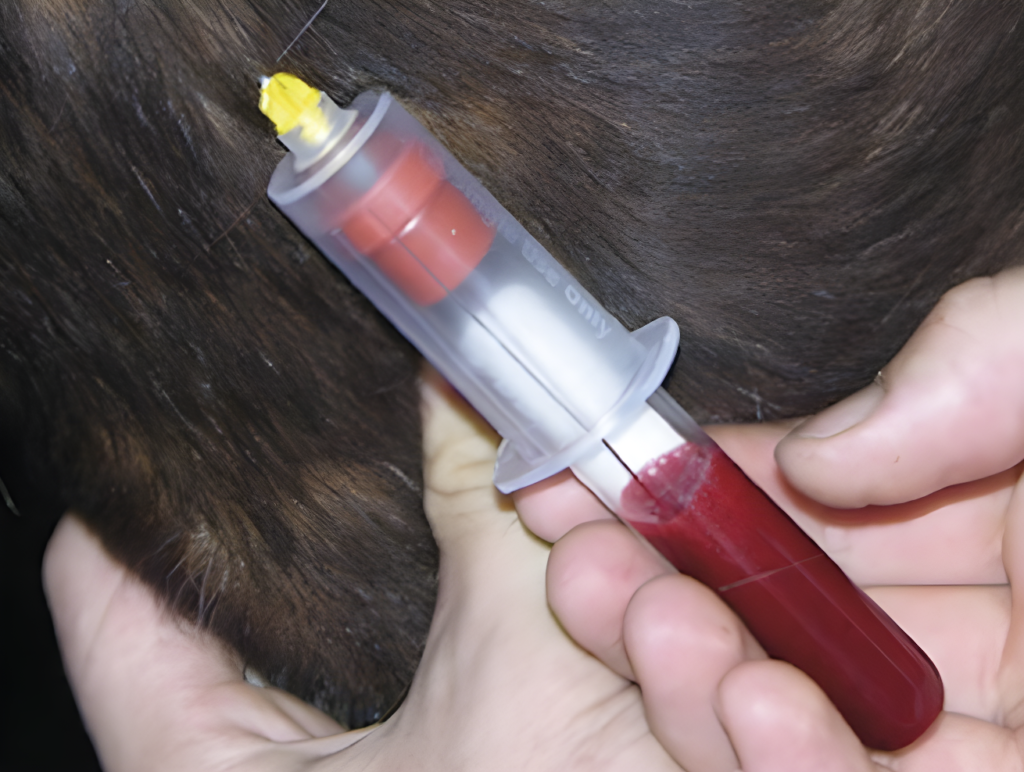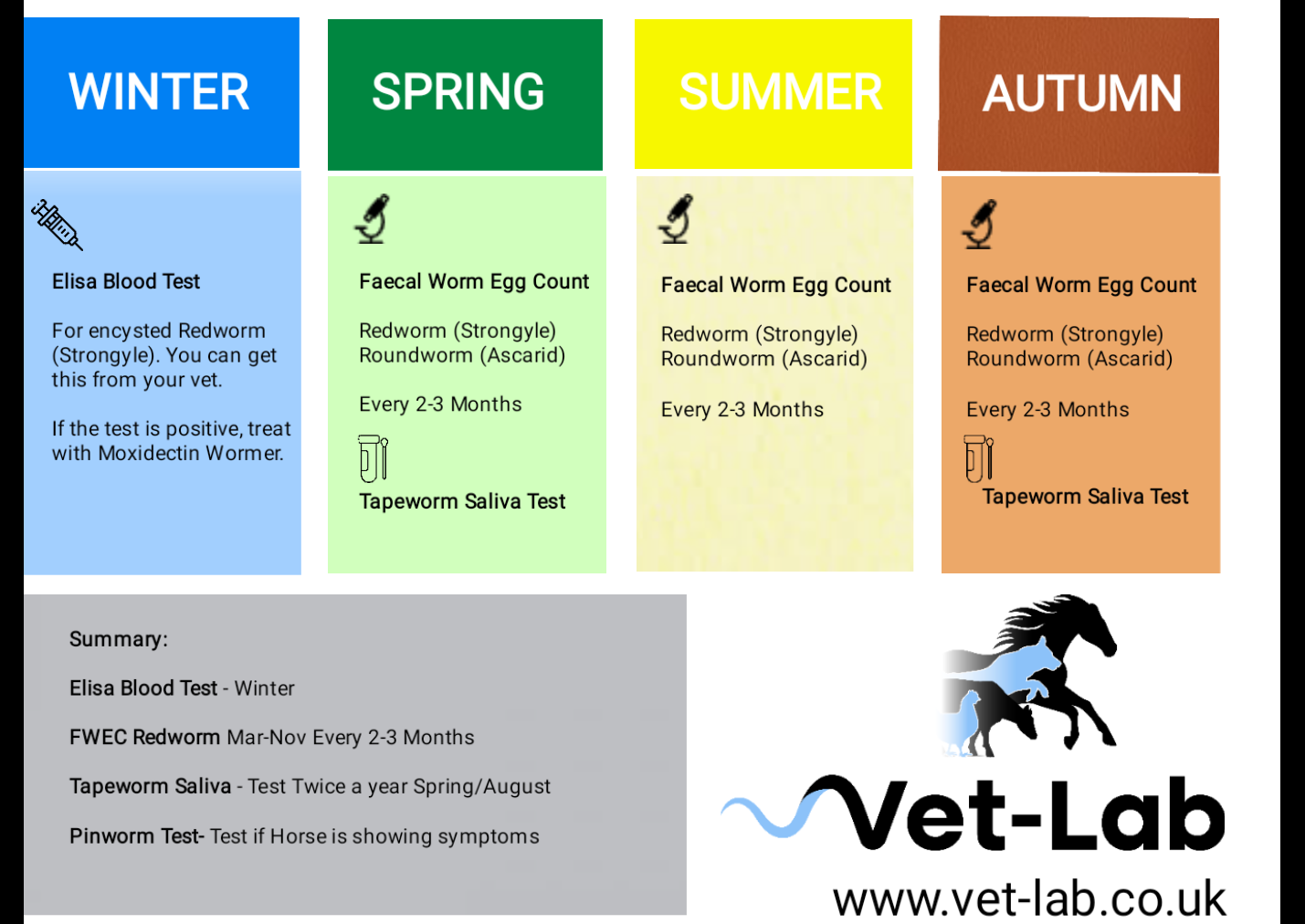Targeted Worm Control


It is time to take Anthelmintic resistance seriously...
Worming advice has changed recently
Should be be using wormers?
Worming advice has changed. Good worm control practice starts with using faecal worm counts and tests, only administering a wormer if necessary.
Resistance to wormers
Horse worms are evolving to become resistant to some worming drugs, especially those that have been around for a long time. This means we can no longer rely on keeping horses worm-free purely by giving them wormers.
It’s much better to test first and target the wormers at the infected horses and specific seasonal problems like encysted redworms, bots and pinworm. Using wormers sparingly should also mean that they stay effective for those times when our horses really need them.
Using faecal worm counts and tests
Whether you have a single horse kept on an individual turnout or run a livery yard with mixed turnout a targeted regime can work for you. Redworm, Roundworm & Tapeworm are the biggest pathological threats to horses and the parasites for which you should test regularly.

If you are getting consistent low results on a targeted worm control programme then you can carry out worm counts every 3 months, but innitially it is best to worm count and tapeworm test regularly.
It is possible to test for encysted redworm with the Elisa blood test through your vet in the winter, as parasites can remain in the dormant larval stage for up to three years within the horse before making their presence known as mature egg-laying adults when the season changes.
We hope this helps to gives you an idea of how targeted worming works. Young stock, foals and horses with a poor start in life will need more regular monitoring and wormer treatment if a high infection is detected.

